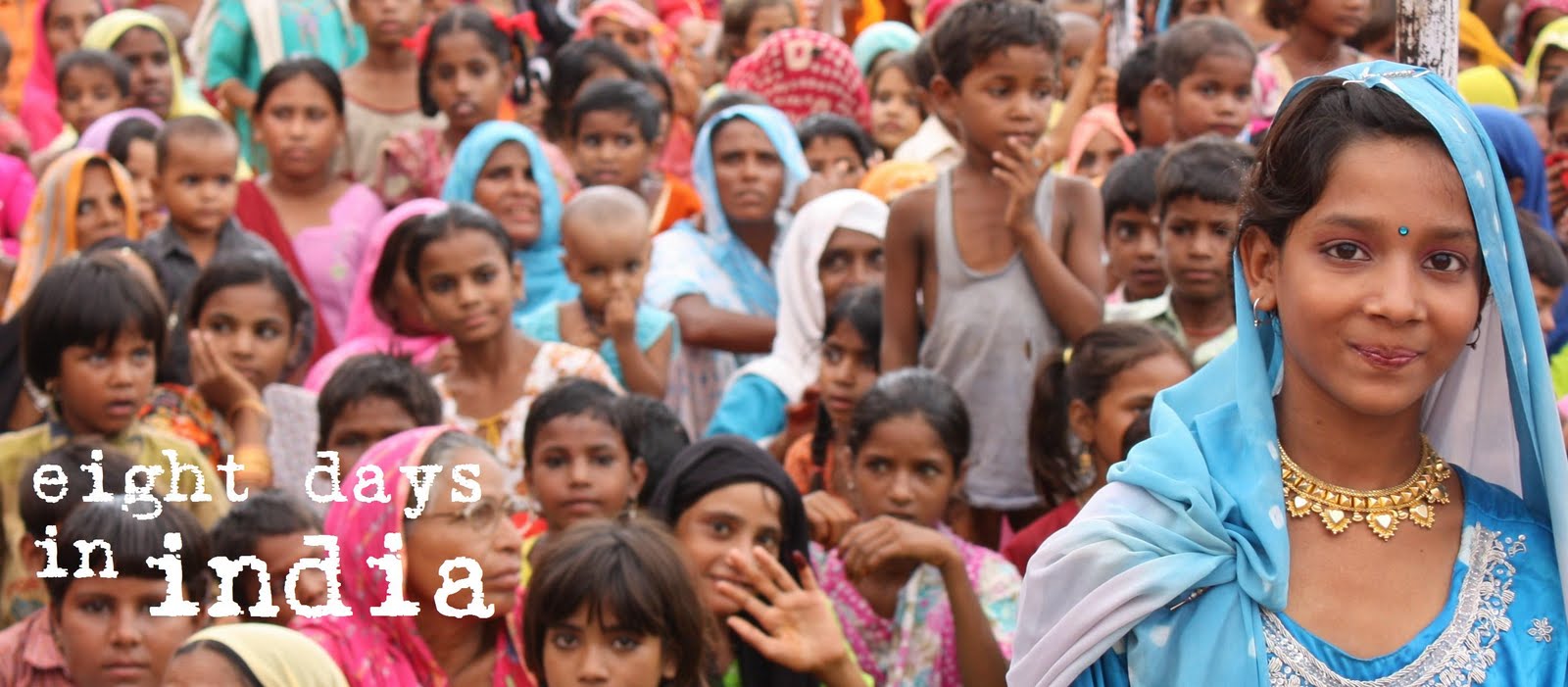In Australia, we have free access to eye check ups - even if some of us ignore the incessant reminders from OPSM to return for a check up. (Whatever OPSM. I am very busy and important. But after Mumbai deterioriation I will be back to see you soon.) In India, there is no free eye care. In slum communities I have visited they cannot afford to get their eyes checked. And let's be honest, their list of priorities has more immediate demands than an eye check right? It is particularly hard to spend money on regular eye checks when you don't appreciate the dangers of catarachs going untreated.
Good news. These slum communities are receiving the eye care they need. Without the cost. A group of committed optometrists is donating their time to visit slum communities and rehabilitated communities and give them free eye check ups. The eye clinic I visited was a primitive centre with a mirror balanced on a pile of plastic chairs so that they could ask community members to look in the mirror and read the eye chart. The optometrist then used a standard torch to look into the patients' eyes. Such primitive techniques but so encouraging to see such a cheap, portable and efficient way to get basic eye care to communities. In a two hour session we saw over 70 patients at the clinic. Out of the 70 patients, only 4 had healthy eyes. The other 64 required glasses or had cataracts.
Surgery is required to fix the advanced cataracts that plagued the majority of people we saw. Excited by the altruistic spirit of the day, I asked one of the nurses whether they get the surgery for free. She giggled to me (then explained as I obviously didn't understand), 'Haha nobody can get eye surgery for free.' Well. Great. 'Dear Sir. You have cataracts. You won't be able to see in about 18 months. Unfortunately you have to pay 18,000 rupees for surgery. Do you happen to have 18,000 lying around?'
So not quite the free solution I had hoped for. However, in addition to the free basic care given by optometrists, they also offer a substantial discount on the surgery for needy patients. They offer the cataract surgery at a discounted rate of 3000 rupees. (This is about 75AUD.) Not a small amount of money – but far more attainable than the 18,000 rupees normally charged. This means families can save up and get the surgery they desperately need.
Just another example of generous Indians donating their skills and time to help their own people. Two things I've learnt from this. It doesn't cost much to secure the vision of a person in a slum community. And I need to look after my eyes. OPSM are on top of the list to call when I get home.
All is well.





Cataracts? Sounds like a job for Fred Hollows
ReplyDelete